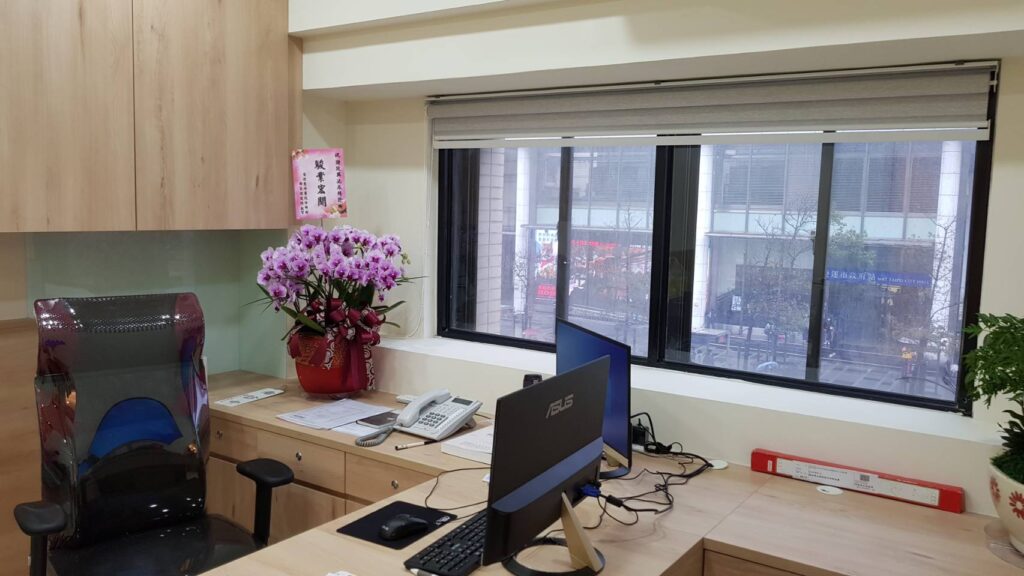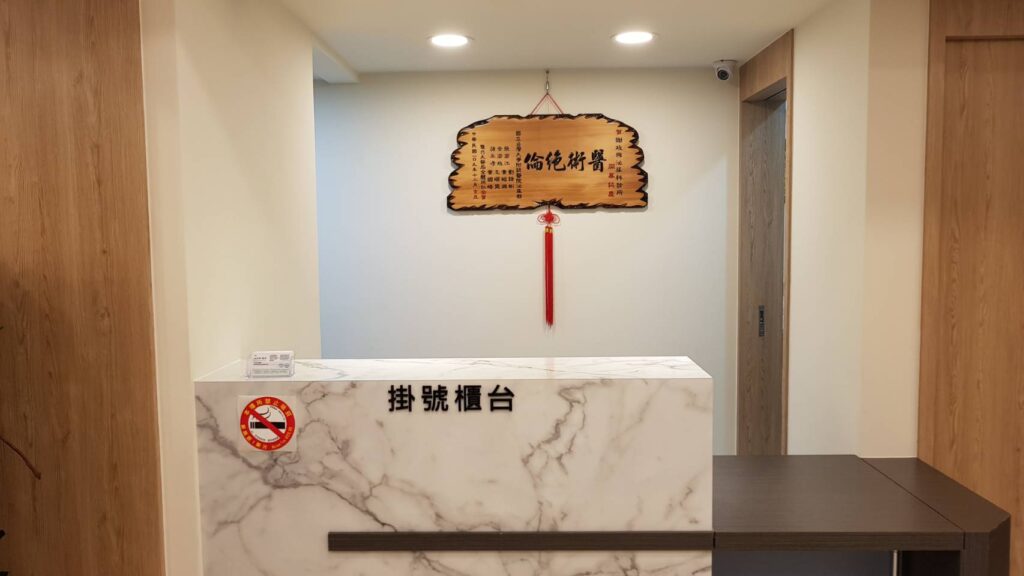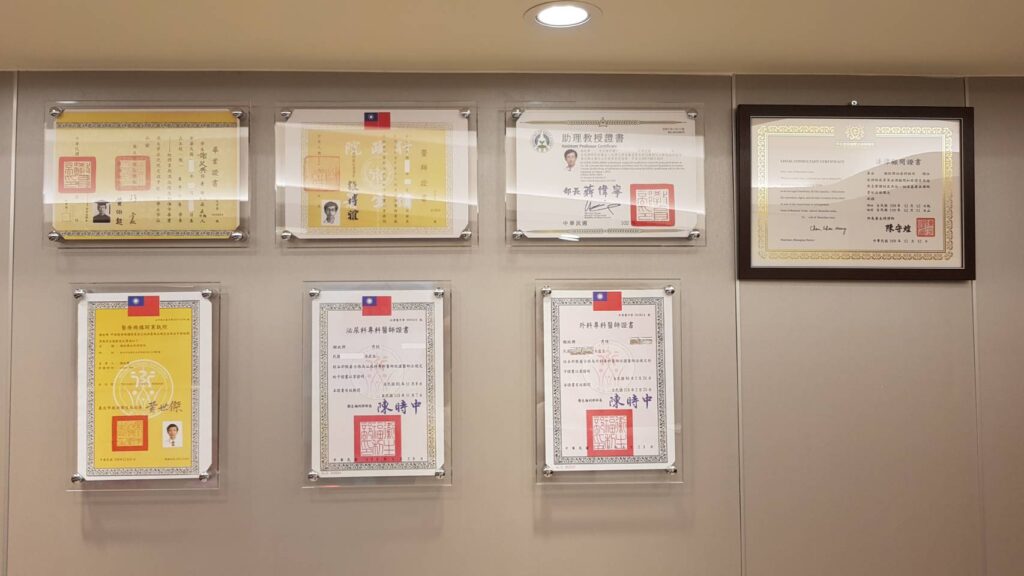Dr. Hsieh Urology Clinic
Specialized care in minimally invasive circumcision, erectile dysfunction, premature ejaculation, penile curvature correction, hernia surgery, and varicocele treatment.
Former Director of Surgery and Urology at Taipei Tzu Chi Hospital — is located in the Xinyi District of Taipei.The clinic specializes in circumcision, erectile dysfunction, premature ejaculation, penile curvature correction, hernia surgery, and varicocele treatment. In addition, it offers expert diagnosis and treatment for urological conditions and sexually transmitted infections, with a strong commitment to improving men’s quality of life and overall health.
English-Speaking Urology Clinic in Taipei, Taiwan
Hospital-Grade Medical Equipment
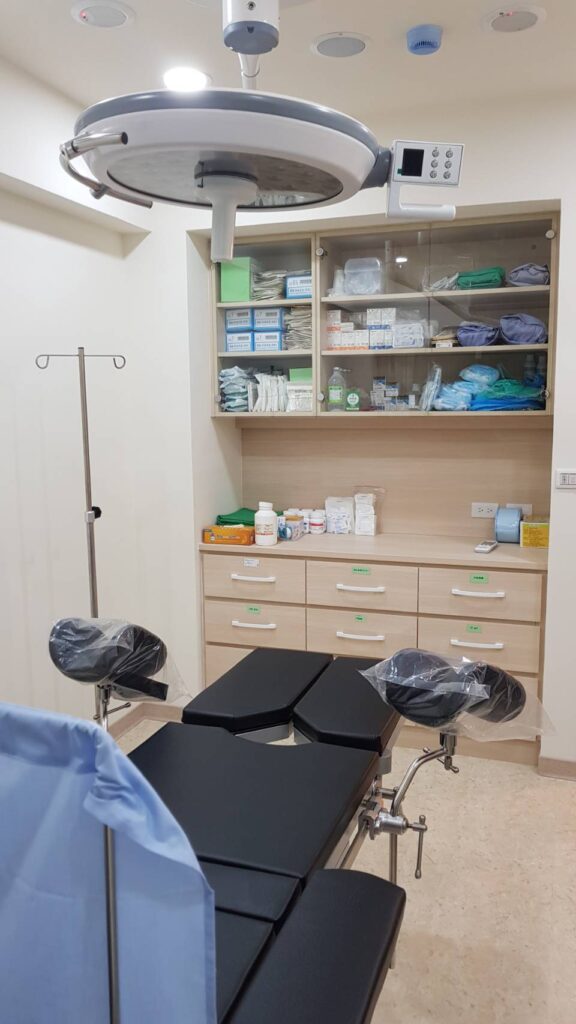
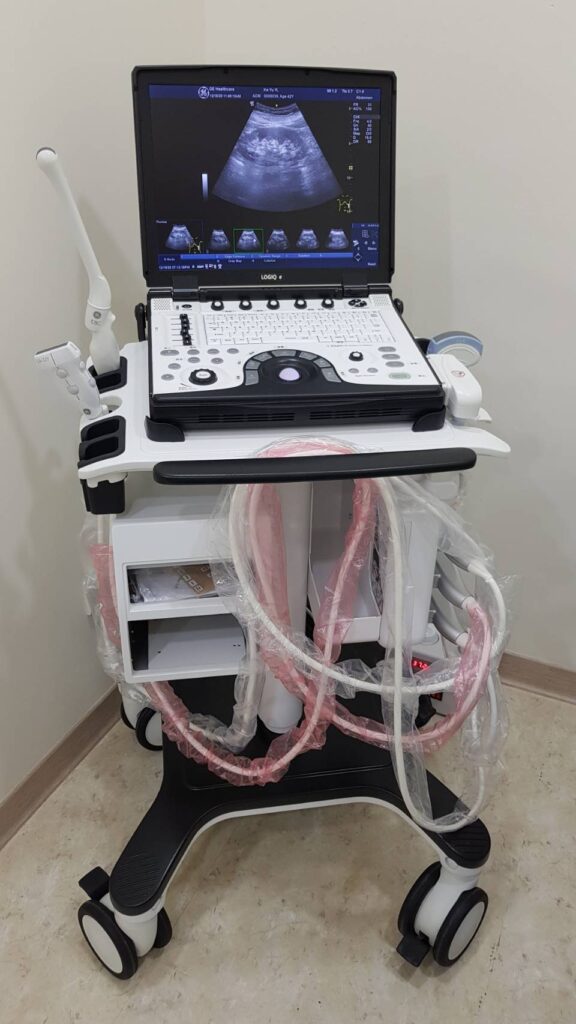
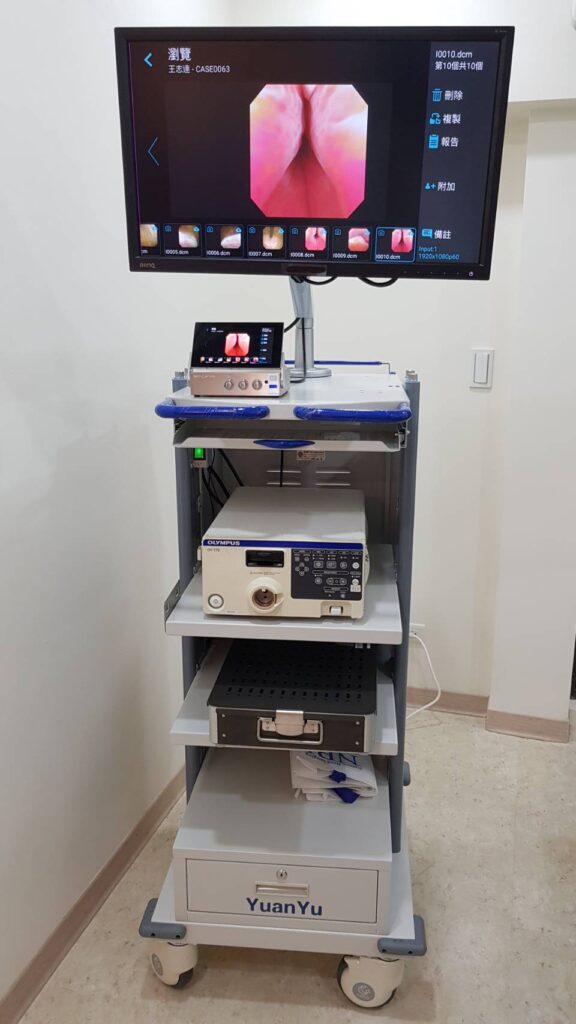
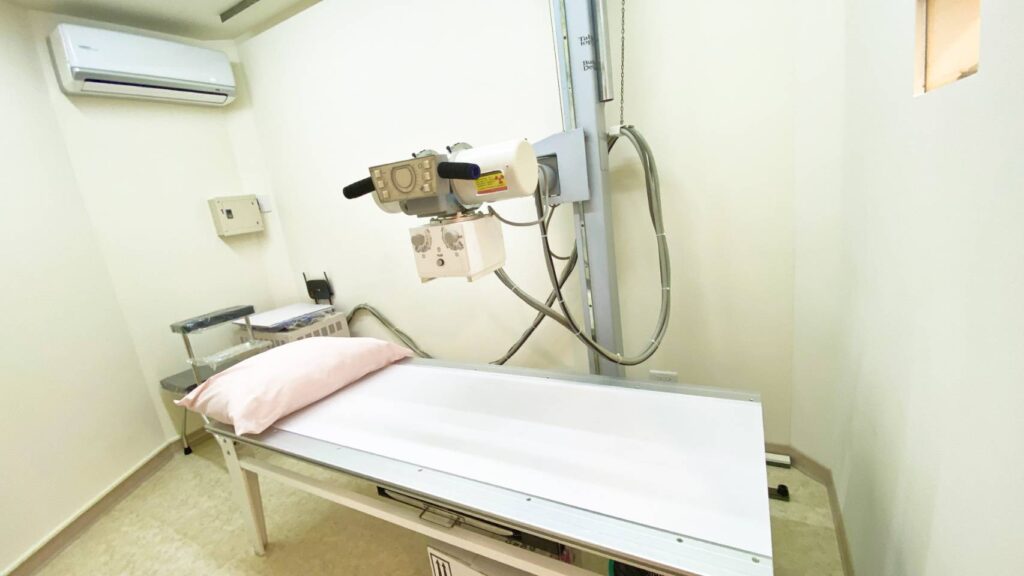
Urology Clinic Office Hours
On-site registration is available, and the deadline for on-site registration is 30 minutes before the end of the current clinic session.
| Time | Mon | Tue | Wed | Thu | Fri | Sat | Sun |
|---|---|---|---|---|---|---|---|
| 10:00 – 13:00 | O | O | X | O | O | O | X |
| 15:00 – 18:00 | O | X | O | O | O | X | X |
| 18:00 – 20:00 | O | X | O | O | O | X | X |

What Is Minimally Invasive Microsurgery?
In urology, minimally invasive microsurgery uses advanced microscopic techniques to perform highly precise procedures on the male urinary and reproductive systems. Common procedures include microsurgical varicocelectomy, which can improve semen quality and treat male infertility; and selective nerve ablation or venous ligation, which are used to treat premature ejaculation and erectile dysfunction, respectively. Other surgeries such as circumcision, hernia repair, penile curvature correction, and penile or testicular implants also focus on preserving vital structures like blood vessels, nerves, and surrounding tissues. By minimizing trauma and reducing the risk of complications, microsurgery offers a safer and more effective treatment option for many urological conditions.
At Dr. Hsieh Cheng-Hsing Urology Clinic, we apply advanced expertise to perform minimally invasive procedures using refined local anesthesia techniques and microsurgical methods. This approach significantly reduces discomfort and speeds up recovery. All procedures are done on an outpatient basis — no hospitalization is required, and patients can return home the same day — making treatment more convenient and the experience more comfortable.
Microsurgical Urologic Procedures

Microsurgical Minimally Invasive Circumcision
The most precise circumcision with minimal tissue disruption
This highly refined circumcision technique minimizes tissue damage by using advanced microsurgical methods and innovative local anesthesia. Only a thin layer of foreskin is removed, preserving most of the underlying tissue, reducing bleeding risks, and resulting in a smooth, aesthetically pleasing incision with a fast recovery.
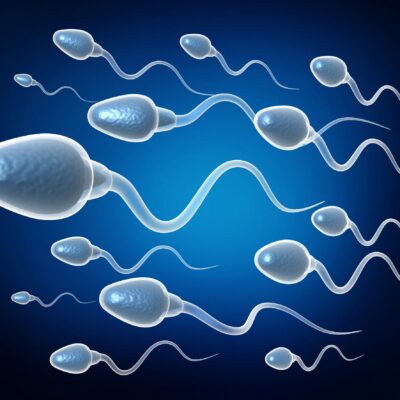
Microsurgical Varicocelectomy
The most precise and effective treatment for male infertility
Microsurgical varicocelectomy is considered the most effective method for treating male infertility related to varicoceles, especially in complex cases. It offers optimal outcomes and can often address varicoceles on both sides during a single procedure, increasing the chances of success.

Microsurgical Vasectomy
A safe and effective option for men who no longer wish to have children
Microsurgical vasectomy is a no-incision, minimally invasive procedure performed under local anesthesia. It ensures maximum precision and minimal trauma, lowering the risk of complications. It is a preferred choice for men seeking a permanent birth control solution.
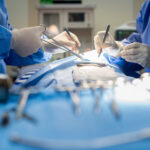
Microsurgical Hernia Repair
Minimizes discomfort and shortens recovery time
Microsurgical hernia repair uses long-acting local anesthesia (lasting 4–6 hours) and is performed as an outpatient procedure — no hospitalization needed. With proper pain management, discomfort is minimal and usually improves significantly by the next day, supporting a quicker and smoother recovery.
Microsurgical Treatment for Erectile and Sexual Dysfunction

Penile Venous Ligation Surgery
Enhancing blood retention in the penile corpora cavernosa
This precise procedure improves erectile quality by increasing blood retention within the corpora cavernosa. Performed under local anesthesia, it is safe, effective, and convenient for most patients. The entire process is outpatient-based, allowing patients to return home the same day — ensuring privacy and a smooth return to daily life and work.

Selective Dorsal Nerve Ablation
Effective treatment for premature ejaculation
This microsurgical procedure helps delay ejaculation and improves ejaculatory control without affecting erectile function. Clinical studies show a success rate of 80% to 95%, with significant improvement in intravaginal ejaculation latency.

Penile Curvature Correction Surgery
Outpatient correction for congenital penile curvature
Surgery is the only effective treatment for congenital penile curvature. Using microsurgical techniques, the procedure carefully avoids damage to nerves and blood vessels. Patients can return home the same day — no hospitalization required.

Penile Implant Surgery
The definitive solution for severe erectile dysfunction
Penile prosthesis implantation is considered the final treatment option for erectile dysfunction when all other therapies have failed. Patients must undergo sexual health consultation and evaluation to determine suitability. For appropriate candidates, this surgery can restore both function and confidence.
Dr. Cheng-Hsing Hsieh, M.D.
Founder & Director
Former Director of the Department of Surgery and Chief of Urology, Taipei Tzu Chi Hospital
Education
- M.D., School of Medicine, National Taiwan University
- Certified Assistant Professor by the Ministry of Education, Taiwan
- Fellowship Training, University of California, Irvine, USA
- Research Fellow, Kyushu University Hospital, Japan
Specialties
- Men’s Health & Andropause
- Erectile Dysfunction & Sexual Dysfunction
- Penile Venous Ligation Surgery
- Penile Implant Surgery
- Penile Curvature Correction
- Selective Dorsal Nerve Ablation
- Minimally Invasive Hernia Repair
- Microsurgical Circumcision
- Low-Level Varicocele Surgery
- No-Scalpel Microsurgical Vasectomy
- Urinary Stones
- Urological Tumors
- Sexually Transmitted Infections (STIs)
Professional Experience
- Former Director, Department of Surgery / Chief of Urology, Taipei Tzu Chi Hospital
- Former Board Member, Taiwan Society for Men’s Health
- Member, Taiwan Urological Association (TUA)
- Member, Taiwan Andrology Association (TAA)
- Member, Taiwan Surgical Association (TSA)
- Member, American Urological Association (AUA)
- Member, European Association of Urology (EAU)
- Member, International Society for Sexual Medicine (ISSM)
- Member, Asia Pacific Society for Sexual Medicine (APSSM)
- Member, Société Internationale d’Urologie (SIU)

